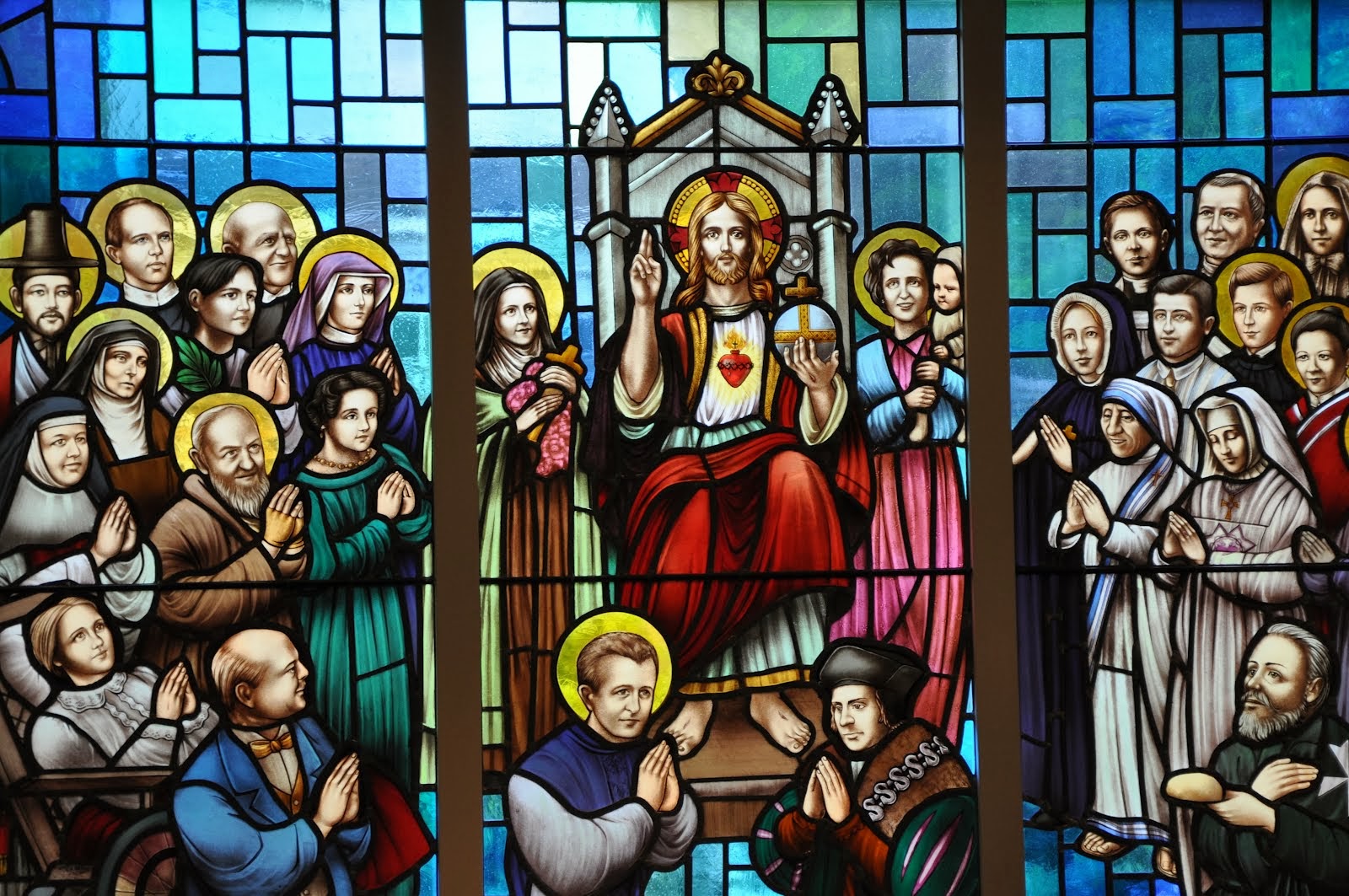
“Many indeed are the wondrous happenings of that time: God hanging on a cross, the sun made dark…for it was fitting that creation should mourn its Creator.” St. Gregory Nazianzen (4th century, Doctor of the Church)
“He is our salvation Who was wounded for us, and fastened with nails to the wood, and taken down from the wood and laid in the sepulcher. But He rose from the sepulcher, and though His wounds were healed the scars remained. All of this He judged necessary for His disciples, so that He would keep His scars to heal the wounds of their souls. What wounds are these? The wounds of their unbelief. For Christ appeared before their eyes, showing them a true body, but they believed they only saw a spirit.” St. Augustine of Hippo (4th-5th centuries, Doctor of the Church)
“This kind of death was especially suitable in order to atone for the sin of our first parent, which was the plucking of the apple from the forbidden tree against God’s command. And so, to atone for that sin, it was fitting that Christ should suffer by being fastened to a tree, as if restoring what Adam had purloined.” St. Thomas Aquinas (13th century, Doctor of the Church)
“Shame, shame on our human pride, our self-complacency, our self-centeredness, when we see how good God has been to us, how many gifts and graces He has given us – and not because He has to but because He wants to. Obtuse as we are, we seem not to see or feel this love so hot that, if we were made of stone, it would long ago have burst us open!…Unhappy me! I can see no other reason except that the eye of our understanding is not focused on the tree of the cross. For there is revealed such warm love, such gently persuasive teaching filled with life-giving fruits, such generosity that He has torn open His very body, has shed His life’s blood, and with that blood has baptized and bathed us. We can and should make use of that baptism every day with continual remembrance and great love.” St. Catherine of Siena (14th century, Doctor of the Church)
“Run to the cross and you will find a most generous Christ…Hasten and you will find in your Jesus the Probatica pool, which has five porticoes in the five wounds of His body, to heal you from whatever infirmity binds you.” St. Thomas of Villanova (15th-16th centuries)
“Oh, how great was the flame of love that burned in the Heart of our gentle Savior, since at the height of His sufferings, at a time when the vehemence of His torments seemed to take from Him even the power of praying for Himself, He succeeded through the strength of His charity in forgetting Himself but not His creatures, and with a strong and intelligible voice uttered these words: ‘Father, forgive them.’ With this prayer He wanted to make us understand the love He bore us, undiminished by any suffering, and to teach us how our hearts ought to be toward our neighbor.” St. Francis de Sales (16th-17th centuries, Doctor of the Church)
“And, to speak rightly, it is morally impossible to know what Our Lord has endured for us, and yet, like the world, not to love Him ardently.” St. Louis de Montfort (17th-18th centuries)
“Love does not consider dignity when there is question of gaining for itself the person it loves. God, Who can never be conquered by anyone, has been conquered by love; for it was that love that compelled Him to make Himself man, and to sacrifice Himself for the love of man in an ocean of sorrows and contempt.” St. Alphonsus Liguori (18th century, Doctor of the Church)
“It is no wonder that, in the face of that persistent, resolute Goodness, the bystanders at the Cross pleaded: ‘Come down, and we will believe.’ They wanted a Cross without a Crucifix, a Teacher, but not a Savior; a Pulpit, and not a Confessional Box; a Communion, but never a Sacrifice.” Ven. Fulton Sheen (19th-20th centuries)
